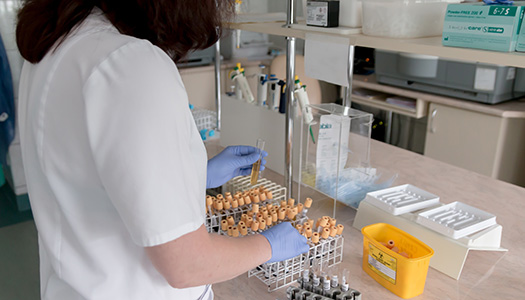What is Diarrhoea?
Diarrhoea is the frequent passage of loose, watery, soft stools with or without abdominal bloating, pressure, and cramps commonly referred to as gas.Diarrhoea can come on suddenly, run its course, and be helped with home care to prevent complications such as dehydration.
Diarrhoea can be further defined in the following ways:
- chronic diarrhoea is the presence of loose or liquid stools for over two weeks;
- acute enteritis is inflammation of the intestine;
- gastroenteritis (stomach flu) is diarrhea associated with nausea and vomiting
- dysentery is diarrhea that contains blood, pus, or mucus.
Causes:
Viral infections cause most cases of diarrhoea and are typically associated with mild-to-moderate symptoms with frequent, watery bowel movements, abdominal cramps, and a low-grade fever. Diarrhoea generally lasts approximately 3 to 7 days.
The following are the common causes of diarrhoea caused by viral infections:
- rotavirus is a common cause of diarrhoea in infants;
- norovirus (for example, Norwalk virus, caliciviruses) is the most common cause of epidemics of diarrhoea among adults and schoolage children (for example, cruise ship infection, schools, nursing homes, day care facilities, and restaurants);
- adenovirus infections are common in all age groups.
Bacterial infections cause the more serious cases of diarrhoea. Typically, infection with bacteria occurs from contaminated food or drinks (food poisoning). Bacterial infections also cause severe symptoms, often with vomiting, fever, and severe abdominal cramps or abdominal pain. Bowel movements occur frequently and may be watery.
Symptoms:
- Watery, liquid stools
- Abdominal cramps
- Fever
- Dehydration






